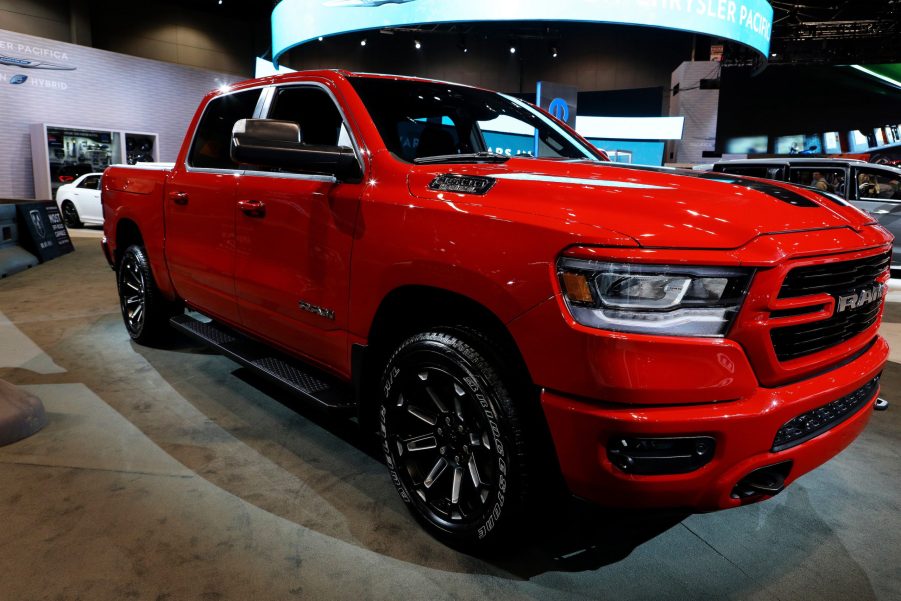
3 of the Best Trucks For Farms
Many people choose to drive trucks because they like the look of them and enjoy the power that their engines can provide. People who live and work on farms, however, purchase trucks because they need a strong, practical, and reliable vehicle that can tow and haul equipment or other farm-related goods. Learn more about what to look for in a farm truck, and three great choices for farm trucks.
What to look for in a farm pickup truck
There are a few key traits to consider when looking at a farm truck, and the best choice will depend on your needs and preferences. Before taking the plunge and buying a farm pickup, think about which fuel type, performance, and cost you are looking for.
Many farmers prefer trucks that run on diesel because they tend to be more fuel-efficient, reliable, and longer-lasting than their gas-guzzling counterparts. Trucks with diesel engines tend to cost a bit more upfront, but they often make up for it by outlasting gas-powered engines.
Plus, diesel pickups typically pack a better punch when it comes to towing, thanks to increased torque. At the same time, diesel engines aren’t as great in colder weather, though recent innovations have made this less of an issue. Routine maintenance and fuel itself also cost more per trip.
When it comes to performance, also consider whether you need a truck with four-wheel drive or if you can get away with two-wheel drive. Trucks with two-wheel drive tend to cost significantly less, and most farmers don’t need the power of four-wheel drive to complete everyday tasks. If you believe you want the extra “oomph” all-wheel drive can provide, you can expect it to spend at least a few thousand extra dollars.
We have touched on cost a bit in the first two considerations, but it is often the most important factor overall when considering which pickup to buy for a farm.
Of course, you want a reliable truck that can do all the tasks you need it to do, but there is no reason to overspend either. In this realm, Ram trucks usually provide the best bang for your buck, even if their starting price is a bit higher.
Three great trucks for farms
One of the easiest pickup recommendations to make for farmers is the 2020 Ram 1500, which is a truck that MotorTrend called “the best truck in the history of ever.”
This is a rather expensive vehicle, starting at $32,145, but it’s a fantastic truck overall for farmers, homesteaders, and suburban families alike. The Ram 1500 comes equipped with a strong engine, a roomy interior, and fantastic gas mileage while giving the smoothest ride on the market.
A slightly cheaper option would be a 2020 Ford F-150. U.S. News gave it a glowing review for its incredible array of engine options, excellent infotainment system, and superior reliability rating.
They didn’t appreciate the quality of the interior, but that was the only major drawback. The 2020 Ford F-150 starts at $28,745, but there are several optional upgrades you can spring for.
Finally, many farmers appreciate the towing capacity, excellent handling, and safety features of the 2020 Chevrolet Silverado 1500. This truck can handle nearly anything you throw at it, and you can upgrade to a 3.0-liter turbodiesel engine that will give you all the power you need and more. This pickup starts at $28,500, making it a competitive choice in the truck market.
All of these models provide an overall excellent value, and buying a used or slightly older model year truck can save you significant amounts of money without compromising on quality.
The bottom line on farm pickups

It’s hard to go wrong with the above three options, but only you can decide which truck will best suit your needs on and off the farm. Fortunately, there are now more makes and models of trucks than ever, so there is definitely a truck out there that can check nearly all of a farmer’s boxes.


